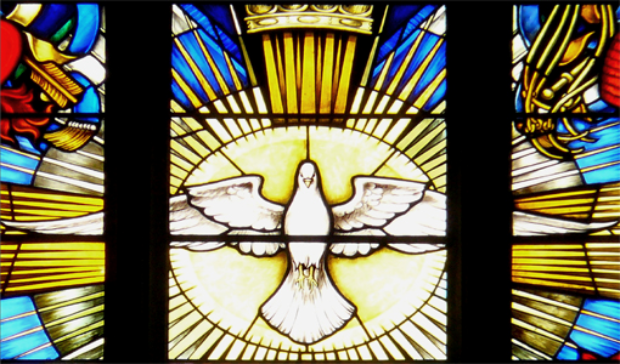In May 2003, the Moss Program for Christian Social Thought and Management, in collaboration with the St. Thomas Management Center, presented the third Spirit in Work Conference. Titled From Career to Calling: Integrating Faith, Spirituality, and Ethics at Work, the conference series is intended to explore the meaning a particular virtue has for the workplace. The first two conferences dealt with hope and with charity; the 2003 conference was organized around the virtue of faith. The next conference, planned for spring 2005, will treat prudence and the meaning of practical wisdom in management practices.
Since the contemporary manager and many of the clients served by The Management Center work in organizations in which many faith traditions are represented, this conference had a distinctly interfaith dimension. Catholic and Protestant Christians, members of the Jewish community, Muslims, Native Americans and Buddhists were all present at the sessions so that participants could be exposed to how these various traditions understand the meaning of work and its role in an integrated life.
The conference was designed to permit time for discussion and reflection on three main themes related to the question of calling – listening, responding and transforming the workplace to allow people to bring more of who they are to the work that they do. We began with the question of how to listen for and discern a genuine call to something beyond the ordinary demands of everyday life. Father Thomas Keating, a Trappist monk known for his work with centering prayer, spoke on the “Contemplative Dimension of Professional Life.” Breakout sessions included a discussion on the meaning of Sabbath, and a panel of business people from various faith traditions sharing their spiritual practices and insights into how to bring them to bear on their work.
The second theme was introduced by Imam Feisal Abdul Rauf, a Muslim from the Sufi tradition whose work since Sept. 11 has gained him some notoriety for his sensitive interpretation of Islam. Rauf spoke on the “Prophetic Dimension of Professional Life” and dealt with the question of what constitutes an authentic response to a call when it is heard in the depths of the soul. Breakout sessions related to this theme included a presentation on the need for prophetic vision in leadership and a discussion of how one discerns if it is time to switch jobs or careers – or to stay right where one is.
The third theme, “Transforming Work,” was taken up by Rabbi Arthur Gross Schaeffer, a congregational rabbi and professor of business law and ethics. Schaeffer spoke about the practical aspects of creating workplaces that permit people to respond to their own sense of a higher calling.
The conference theme was integrated with that of the annual Stakeholder Dialogue, held on the evening of the first day. While a separate event, participants in the conference had a special invitation to attend and to hear distinguished professor Dr. William F. May, who spoke on “Professional Leadership: What Kind of Calling?” May also spoke at one of the conference breakout sessions, along with Rauf, on the “Professional as Prophet.” The synergy created by linking these two events resulted in a very rich experience for all involved.
While the interfaith aspect of the conference posed a certain risk for the organizers, we found that the diversity of traditions present made it possible for everyone to openly affirm their own without hesitation. Participants and speakers were unanimous in their feedback that it is precisely this sort of dialogue that will make it more likely for our community to welcome people of faith and permit them to have a more influential voice in how to serve the common good. Perhaps we should not be surprised since, after all, we were really just following the example of Pope John Paul II, whose insistence on respect for all people is the basis upon which the good of the human community rests.







